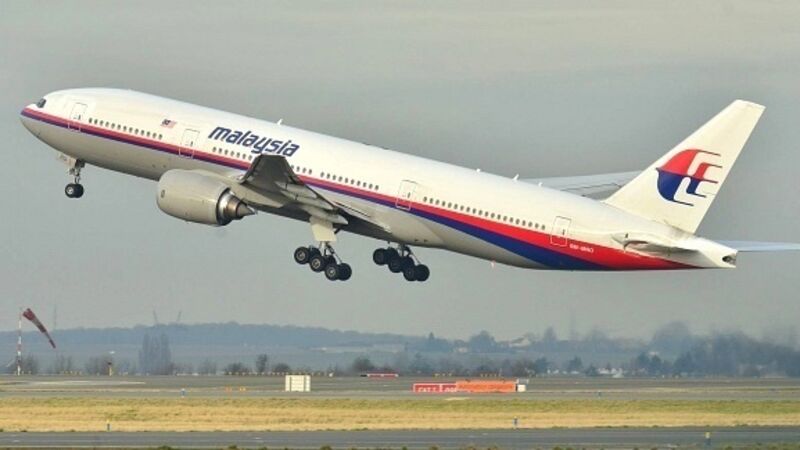Plane’s black box signal about to expire

Malaysian opposition leader Anwar Ibrahim said he believed the country’s regime was concealing information on the crisis, saying “the government knows more than us”.
The Australian naval vessel Ocean Shield arrived with a “towed pinger locator” capable of homing in on signals from the black box, as 14 planes scoured the remote Indian Ocean search area for signs of a crash site.














